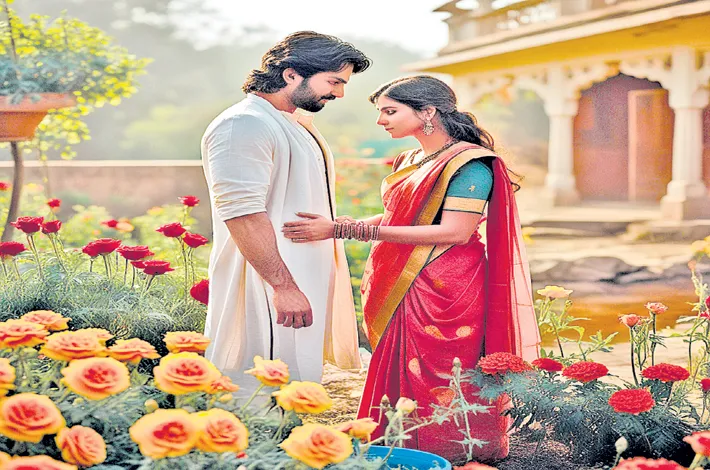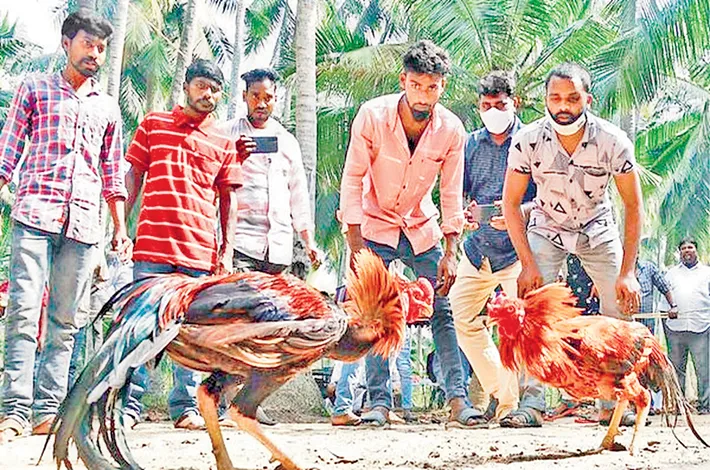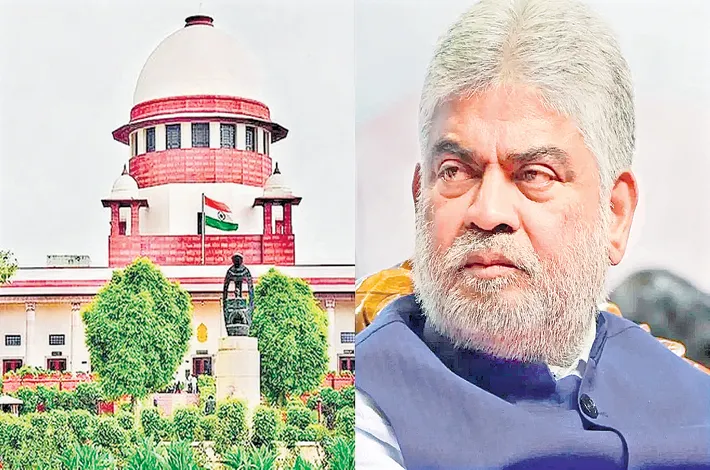Whispers of the Hills
28-05-2025 12:00:00 AM

Their first meeting was accidental, or so Arjun liked to believe. He had wandered into the sanatorium’s garden, a place where roses bloomed defiantly against the rocky soil, and found Meera tending to a patch of marigolds. She looked up, startled, as his shadow fell across her.
In the heart of Andhra Pradesh, where the Horsley Hills rose in gentle undulations, cloaked in emerald forests and kissed by cool breezes, lay the Madanapalle Sanatorium. It was a place of quiet healing, where time seemed to pause under the watchful gaze of ancient trees. The year was 1962, and the sanatorium, with its colonial-era architecture and sprawling lawns, stood as a refuge for those seeking respite from the world’s clamor. Among them was Arjun, a young poet from Calcutta, sent to recover from a persistent lung ailment that had stolen his breath but not his spirit.
Arjun arrived on a misty October morning, his suitcase heavy with books and a heart heavier with unspoken verses. The sanatorium’s whitewashed walls and red-tiled roofs felt like a painting come to life, serene yet tinged with melancholy. He was assigned a room overlooking the valley, where the hills rolled into the distance, their peaks softened by clouds. Each morning, he would sit by his window, scribbling fragments of poetry, trying to capture the fleeting beauty of the landscape—and his own fleeting life.
It was on one such morning, as the sun pierced the mist, that he first saw her. Meera, a nurse at the sanatorium, moved with a grace that seemed to belong to the hills themselves. Her sari, a soft shade of saffron, fluttered as she tended to patients on the veranda, her laughter like the chime of temple bells. Arjun watched her from afar, his poet’s heart weaving stories around her. She was younger than him, perhaps twenty-two, with eyes that held both kindness and a quiet strength, as if she carried the weight of others’ pain without bending.
Their first meeting was accidental, or so Arjun liked to believe. He had wandered into the sanatorium’s garden, a place where roses bloomed defiantly against the rocky soil, and found Meera tending to a patch of marigolds. She looked up, startled, as his shadow fell across her.
“You’re the poet,” she said, her voice warm but teasing. “The one who stares at the hills as if they’ll whisper secrets back.”
Arjun smiled, a rare occurrence since his illness. “They do,” he replied. “But they’re stubborn. They only speak in riddles.”
Meera laughed, and that sound became the first note in a melody that would haunt Arjun’s days. Over the weeks, their encounters grew frequent—chance meetings in the garden, brief conversations in the sanatorium’s library, where Meera would borrow novels and Arjun would pretend to read while stealing glances at her. She spoke of her village, nestled at the foot of the hills, where her father grew mangoes and her mother wove baskets. He shared fragments of his poetry, hesitant at first, but her earnest listening emboldened him.
One evening, as the sky burned orange over the Horsley Hills, Meera found Arjun on the sanatorium’s rooftop, a place patients rarely ventured. He was coughing, a reminder of why he was there, but his eyes were fixed on the horizon. She sat beside him, uninvited but welcome, and they watched the sunset in silence.
“Why do you write?” she asked suddenly, her voice soft against the evening’s hum.
Arjun thought for a moment, his fingers tracing the edge of his notebook. “To hold onto things that slip away. Moments, feelings… life.”
Meera nodded, her gaze distant. “And what do you want to hold onto now?”
He looked at her, her face glowing in the fading light, and his heart answered before his mind could. “This. You.”
The words hung between them, fragile as the mist that clung to the hills. Meera’s eyes widened, but she didn’t look away. Instead, she reached for his hand, her fingers warm against his cold ones. “Then hold on, Arjun,” she whispered. “But don’t let it be just words.”
Their romance bloomed quietly, like the wildflowers that dotted the hills. They stole moments—walks along the forest trails, where Arjun would read her poetry under the shade of banyan trees; nights when Meera would sneak onto the rooftop, bringing him tea laced with honey to soothe his cough. She told him of her dreams to study medicine, to heal beyond the sanatorium’s walls. He spoke of a life where he could write without the shadow of illness, where they could build something together. But the specter of his condition loomed, a silent intruder in their stolen time.
One chilly November night, as they sat wrapped in a shawl on the rooftop, Arjun’s cough grew worse. Meera’s face tightened with worry, but she hid it behind a smile. “You’ll get better,” she said fiercely. “The hills have seen worse and still stand.” Arjun wanted to believe her, but his body betrayed him. The next day, the doctor’s face was grim—his condition had worsened, and he might need to be moved to a hospital in Bangalore. The news was a stone in Meera’s heart, but she refused to let him see her falter. Instead, she brought him a small clay pot with a marigold, its golden petals defiant against the coming winter.
“Keep this,” she said, placing it in his hands. “It’s from the garden. It’ll remind you of the hills… and me.” Arjun left the sanatorium a week later, his heart torn between hope and fear. Meera stood at the gate, her saffron sari a beacon in the mist, waving until his car disappeared down the winding road. They promised to write, to hold onto the fragile thread of their love across the miles.
Months passed, and Arjun’s letters arrived at the sanatorium, filled with poetry and promises. Meera’s replies were practical yet tender, recounting her days and urging him to fight. Slowly, his health improved, the city’s doctors working miracles the hills couldn’t. By the next spring, he was strong enough to return.
He found Meera in the garden, tending to her marigolds. She looked up, and for a moment, time stopped. They ran to each other, laughter and tears mingling as they embraced under the watchful hills. Arjun was no longer the frail poet; Meera was no longer just a nurse. They were two souls who had found each other in the quiet of Madanapalle, their love as enduring as the hills themselves.
Years later, when they returned to Horsley Hills as a married couple, the sanatorium still stood, its walls weathered but proud. Arjun, now a published poet, and Meera, a doctor, walked hand in hand to the rooftop. The marigold pot, now cracked but cherished, sat in their home, a symbol of a love that had bloomed against all odds. And as they watched the sunset, the hills whispered their secrets once more—not in riddles, but in the steady beat of two hearts entwined.








